
Have a question? Contact Us
Have a question? Contact Us
EHS RECRUIT does not ask for money during the recruitment process from the candidates. Click to know official email ids & fraud reporting procedure. Know More
Hazira, Surat
 Maintaining Safety Standards
Maintaining Safety Standards
 ₹22000 to ₹ Per Hour
₹22000 to ₹ Per Hour 02 to 03 Years
02 to 03 YearsAn Operational Plant Safety Steward is responsible for ensuring the safety and well-being of workers, equipment, and processes in an industrial plant or facility. They serve as a critical point of contact for all matters related to safety and compliance within the plant environment. The role involves promoting safety awareness, identifying hazards, and overseeing that safety protocols and regulations are adhered to by all personnel.
Key responsibilities typically include:
In essence, the Operational Plant Safety Steward ensures that the plant operates in a safe and compliant manner by actively preventing accidents and promoting a culture of safety within the facility.
... Read moreDolvi, MH
 ₹72000 to ₹77000 Per Month
₹72000 to ₹77000 Per MonthA Rigging & Lifting Expert in a Steel Manufacturing Plant is a highly skilled professional responsible for ensuring the safe and efficient movement of heavy materials, machinery, and equipment within the plant. This role involves overseeing all aspects of rigging and lifting operations, ensuring they comply with industry safety standards and regulations.
A Rigging & Lifting Expert plays a crucial role in maintaining the smooth and safe operation of a steel manufacturing plant, preventing accidents, and ensuring that the plant’s equipment and materials are handled effectively and efficiently.
... Read moreUchahar, Rae Bareli -Uttar Pradesh
 Day to day supervision of the site and reporting
Day to day supervision of the site and reporting
 ₹2000/- to ₹ Per Day
₹2000/- to ₹ Per Day 35 Days
35 DaysA Power Plant Safety Engineer ensures the safe operation of all activities within a power plant, focusing on identifying and mitigating risks to workers, equipment, and the environment. They are responsible for developing, implementing, and maintaining safety protocols, conducting risk assessments, and ensuring compliance with safety regulations and industry standards. Their duties may include training employees on safety procedures, performing safety audits, and investigating incidents or near misses to prevent future occurrences.
When the accommodation and transportation are within the client’s scope, the Safety Engineer’s responsibilities may extend to ensuring that the housing and transportation provided for the workforce meet safety standards. This includes assessing the quality of accommodation facilities for workers, ensuring they comply with health and safety regulations, and confirming that transportation arrangements are safe and reliable. The Safety Engineer works closely with the client to monitor these areas and address any potential hazards that could affect the well-being of workers during their stay or commute.
In this role, the Safety Engineer is a key liaison between the power plant operations, workforce, and client, ensuring that safety is consistently prioritized throughout the project, both in the workplace and outside of it.
... Read moreHaldia, Panipat, Chhittorgarh, Jamnagar, Haldia
 ₹ to ₹50,000 Per Month
₹ to ₹50,000 Per Month 6 Months
6 MonthsA Safety Engineer in the context of an Oil & Gas Refinery Construction is responsible for ensuring the health and safety of workers, contractors, and the environment during the construction and operational phases of the refinery. This role involves the implementation of safety standards, protocols, and regulations to minimize accidents, injuries, and environmental impact.
Key responsibilities typically include:
By overseeing safety measures, a Safety Engineer in this role plays a critical part in protecting human life, safeguarding assets, and ensuring the construction of a refinery adheres to the highest safety and environmental standards.
... Read more













Construction & Infrastructure
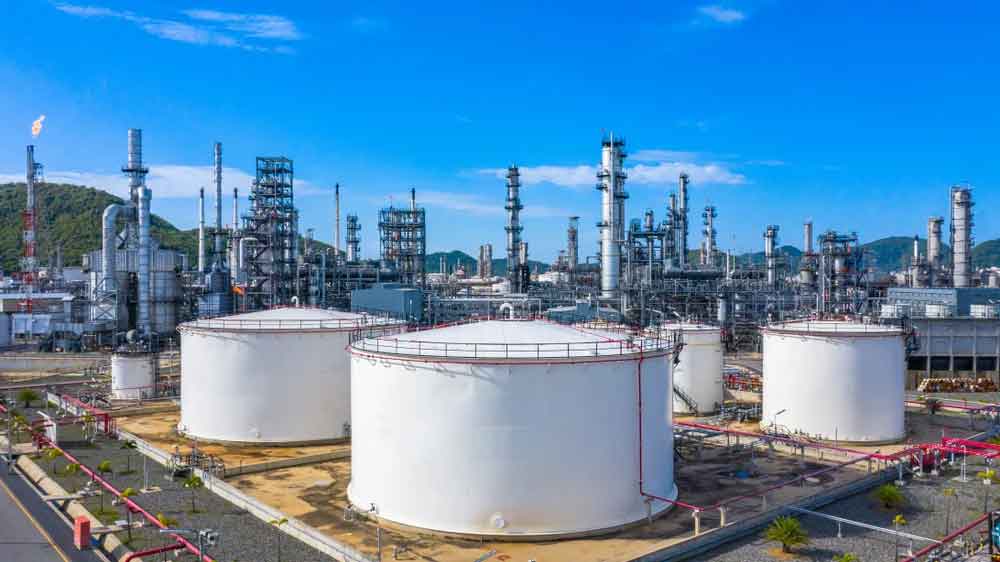
Petrochemical, Oil, Gas & Refinery
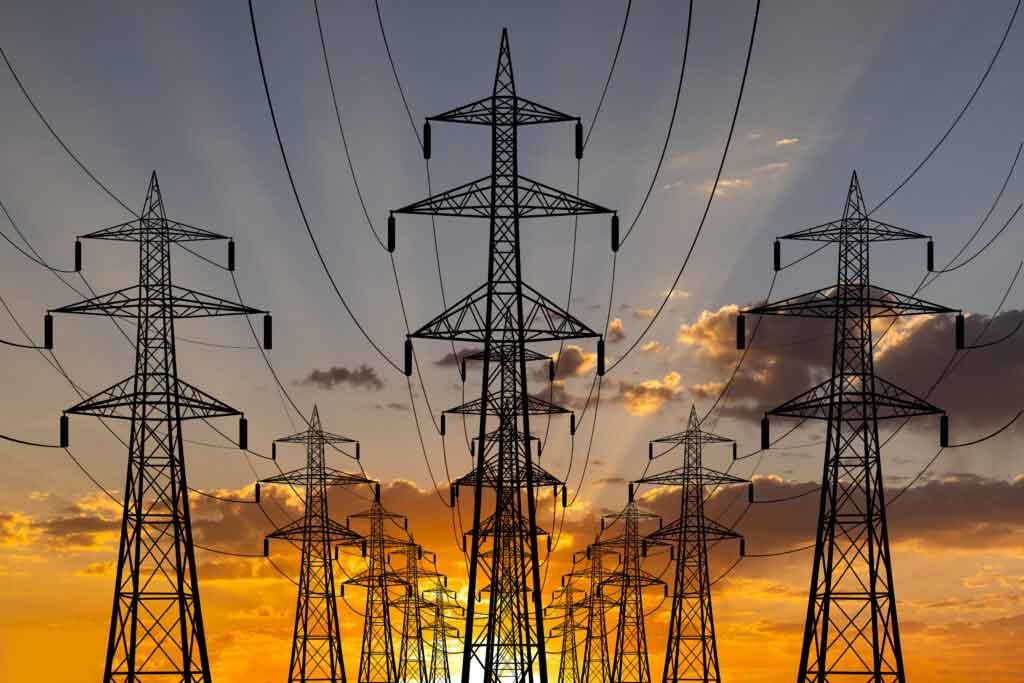
Power
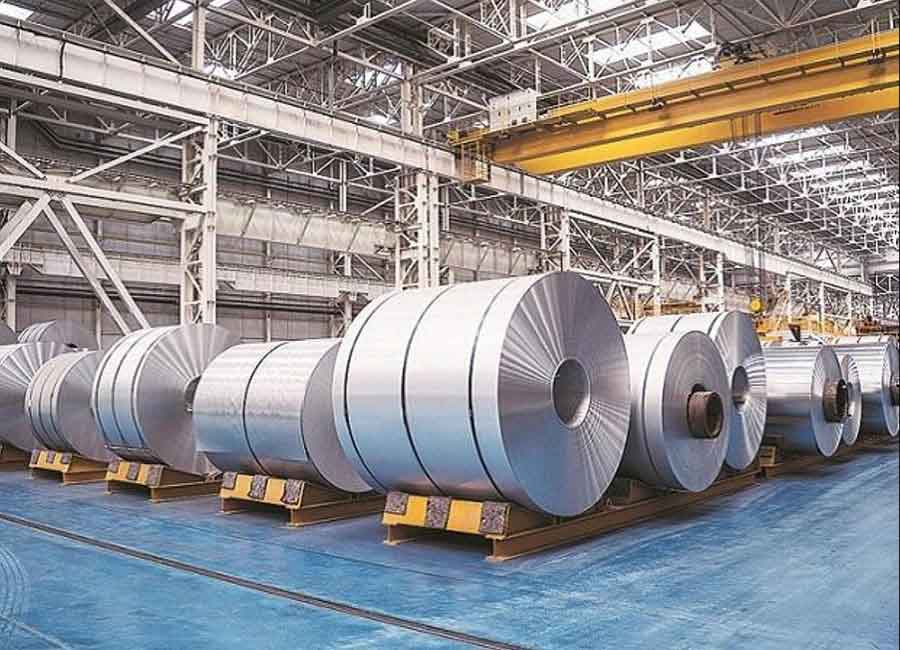
Iron & Steel
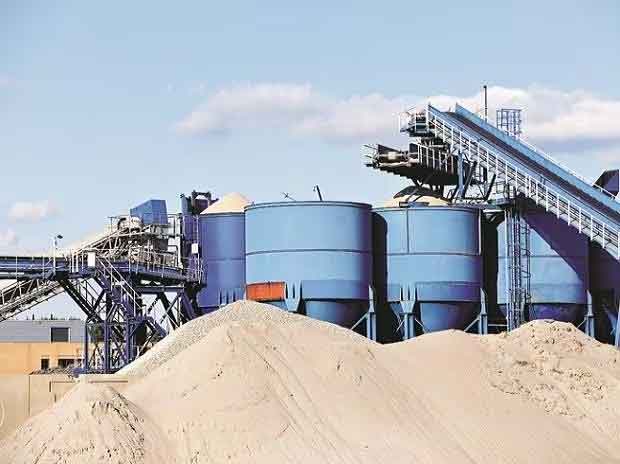
Cement Industry
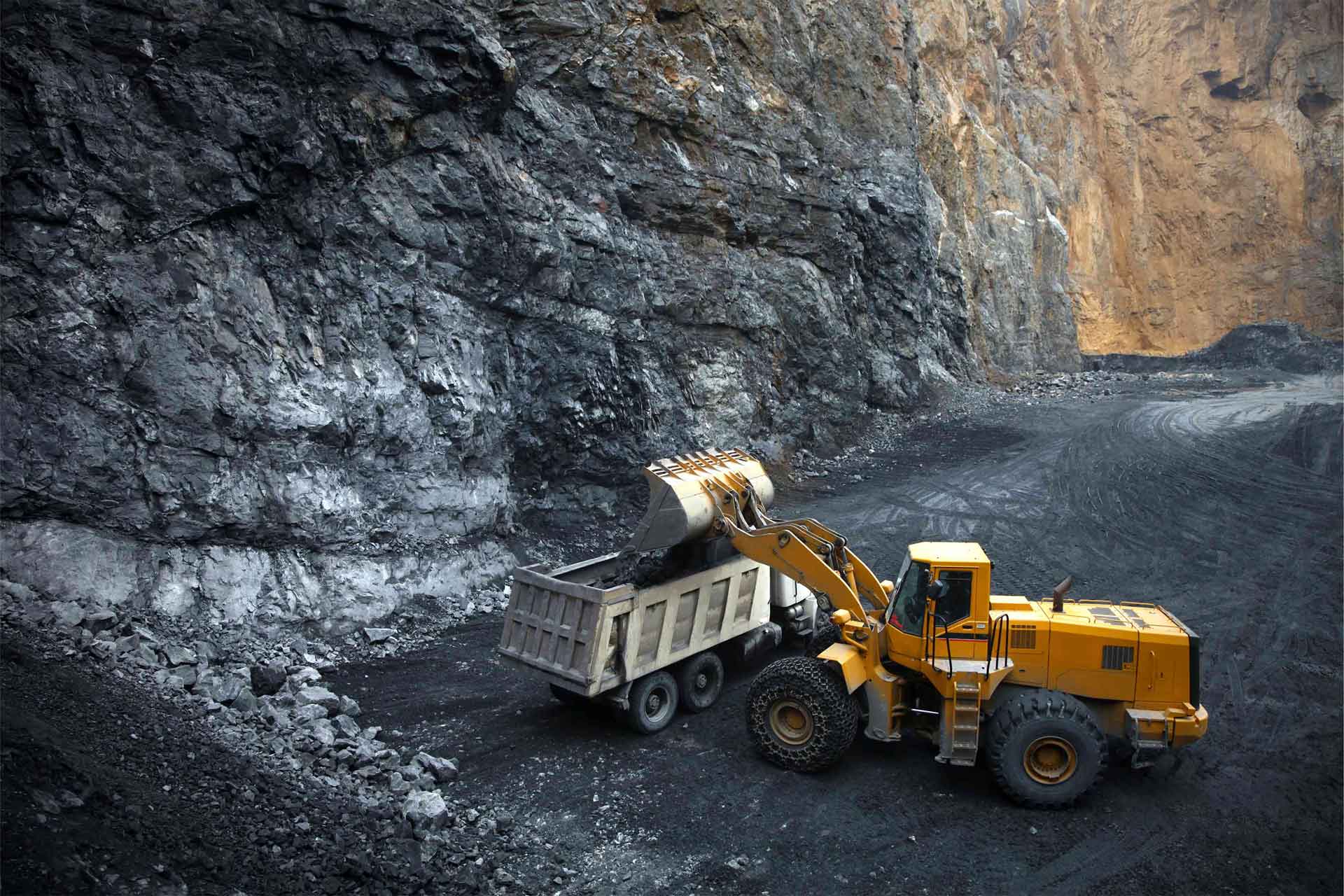
Metal & Mining

Electrical & Electronics

Engineering
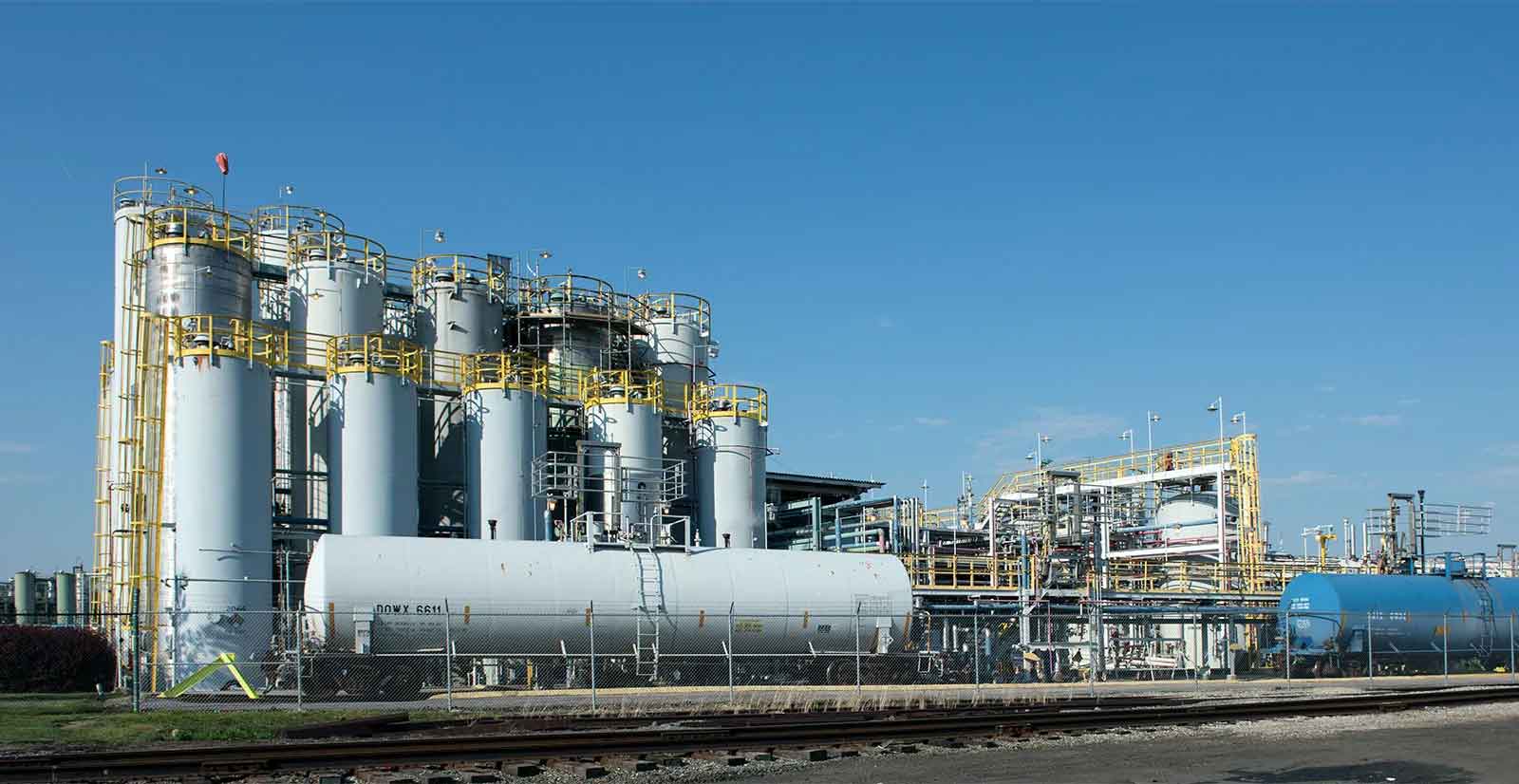
Chemicals & Fertilizer

Pharmaceutical & Life Science
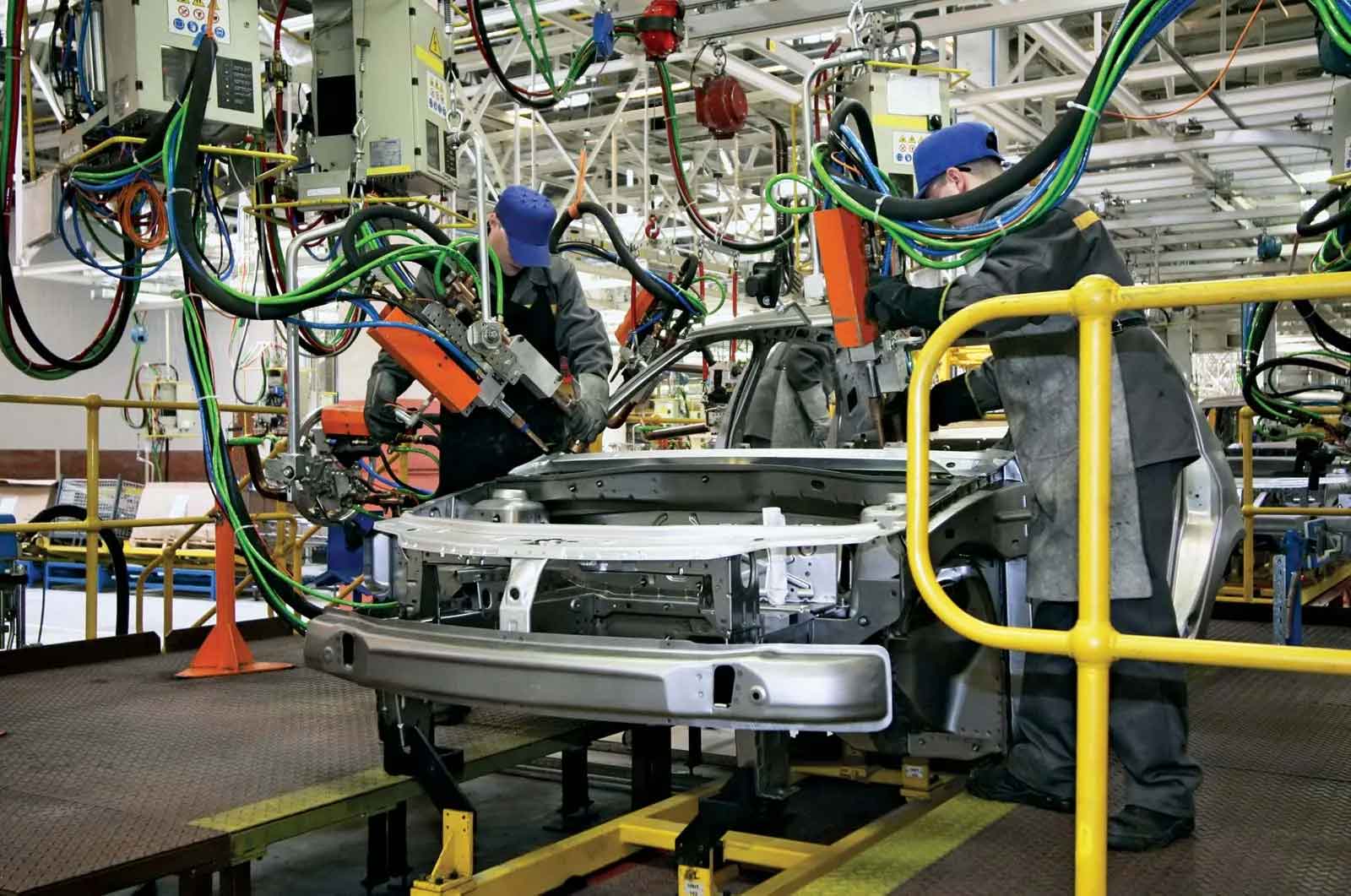
Automobiles

Food FMCG & Agriculture

Retails & Consumer Durable

Shipping & Marine